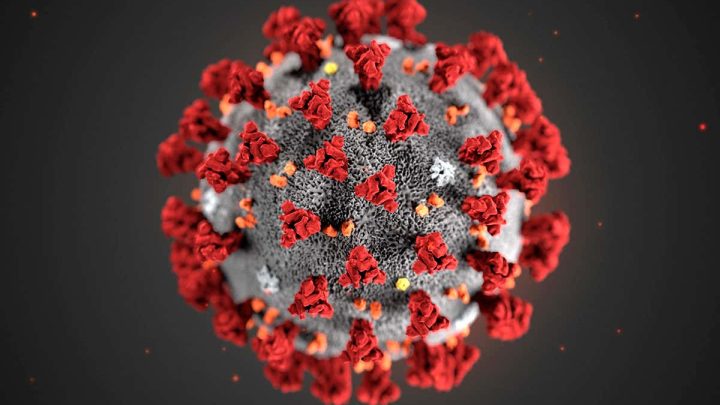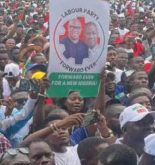Listed by GIJN
The Global Investigative Journalism Network (GIJN) has named an undercover investigative report that provided a rare glimpse into the COVID-19 test corruption in Nigeria, Ghana, and Sierra Leone as one of the best in Africa and the world in 2022.
The investigation, which was coordinated by the Managing Editor of the GuardPost Nigeria, Ibanga Isine, had one journalist from each of the focal countries.
The three journalists who worked with Mr. Isine on the project were Wilson Smiths from Nigeria, Zubaida Ismail from Ghana, and Mohammed Kabba from Sierra Leone.
It was funded by the Norbert Zongo Cell for Investigative Journalism in West Africa (CENOZO) and published collaboratively by many media organisations across the subregion.
In the two-part series titled, COVID-19 Heist: A Case of Nigeria, Ghana, and Sierra Leone, the journalists revealed how the governments of the three West African nations conspired with private healthcare providers to extort travelers by using the WHO’s required test.
Part one of the exposé provided clinical details on how Nigeria violated the directive of the Economic Community of West African States (ECOWAS) Authority of Heads of State and Governments, which set the rate for COVID-19 tests.
It also introduced Ghana’s near-robbery of travelers at Accra’s Akotoka International Airport during the peak of the pandemic.
Part two of the series detailed the experience of an undercover reporter who was forcibly quarantined alongside hundreds of other travelers and extorted by the Ghanaian Health Services, as well as how Sierra Leonean authorities implemented their COVID-19 containment programme with less stress on travelers.
In its most recent bulletin, the GIJN listed the report by the West African journalists as one of Africa editor’s choice of the best investigative stories on the continent in 2022 and one of the best global reporting on COVID-19 during the same year.
Editor’s Pick from Sub-Saharan Africa
A report by BenonOluka, “Editor’s Pick: 2022’s Best Investigative Stories from Sub-Sharan Africa,” listed eight stories from the region, which made the list for the year.
In the report, Oluka noted that the GIJN curated some of the best stories and published them in a monthly newsletter.
According to him, 61 stories from 20 sub-Saharan African countries made it to the shortlists for January-November 2022, adding that most of the stories that made it to this Editor’s Pick were from the monthly shortlists.
The eight listed stories were: Trafficked and Forced to Beg in Nairobi (Kenya/Tanzania), Inside the Great Ape Trade (Democratic Republic of Congo), Racism for Sale (Malawi), and The Prophets Who Profit from Religion (Nigeria).
Others were: Drawing Borders (Zimbabwe/Mozambique/South Africa), A Tsunami of Human Waste (South Africa), COVID-19 Corruption (Nigeria/Ghana/Sierra Leone) and The Story That Brought Down a Vice President (Malawi).
“The stories we have picked demonstrate the curiosity, ingenuity, bravery, and technological know-how of Africa’s top investigative journalists and teams.
“But they also show the perils of trying to do impactful investigative reporting on a continent fraught with challenges that often impede the capacity of journalists to produce their best work,” Oluka wrote, a GIJN’s Africa editor and Ugandan multimedia journalist.
Best global investigative reports on COVID-19
A GIJN report titled, Three Years On: How Journalists Have Dug into Every Aspect of the COVID-19 Pandemic, Rowan Philp chronicled how watchdog reporters took on what he described as “one of the most difficult and deadly investigative topics in modern history.”
“In that time, the coronavirus pandemic had killed at least 6.6 million people, eroded the global economy, disrupted supply chains, and upended political systems.
“The pandemic also threw up a common test of national responses, showing in real time how governments coped — or didn’t — with the crisis. And it presented new opportunities for bad actors to engage in corruption, disinformation, and exploitation.
“Journalists have doggedly dug into all of these threats, and held officials and institutions accountable, despite the additional reporting challenges of lockdowns, travel restrictions, and infection risk.
“Indeed, according to the Press Emblem Campaign — a Geneva-based press advocacy nonprofit — at least 1,194 media professionals from 95 countries had been killed by COVID-19 by the time the group suspended its global count in March 2022,” Philp, a GIJN’s senior reporter wrote.
Apart from COVID-19 Heist which was written by a team led by Mr. Isine, other reports listed by GIJN included: Vacunagate, Myanmar’s Missing Millions, How the Modi Government’s Failure Led to India’s COVID-19 Catastrophe, among others.
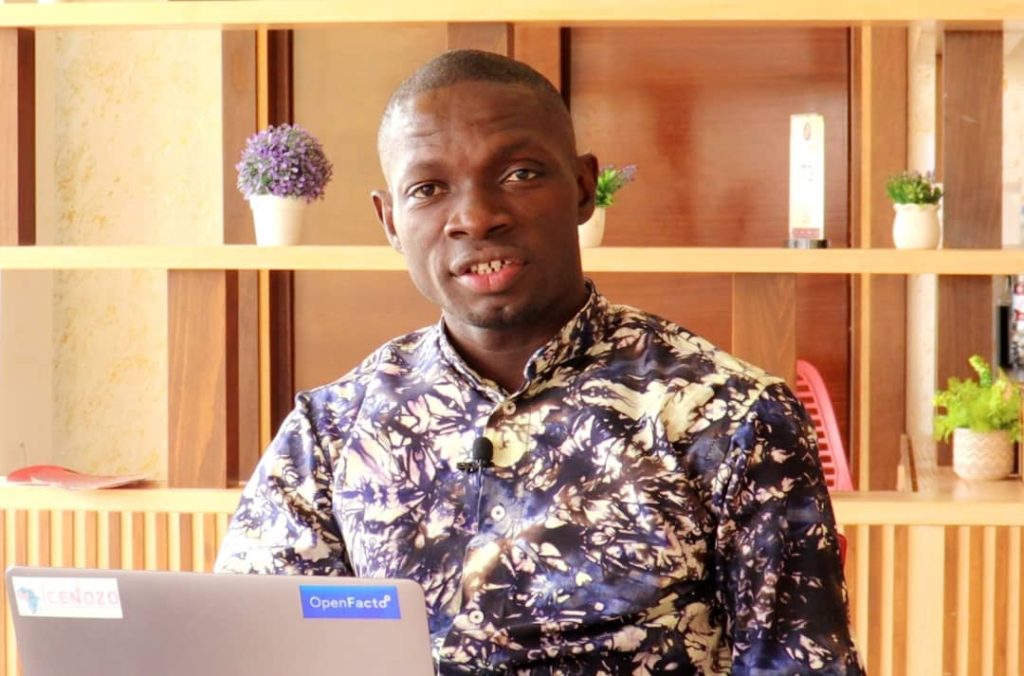
CENOZO
Coordinator of CENOZO, Arnaud Ouedraogo, said the story was triggered when a member of the organisation fell victim to the quarantine system put in place by the Ghanaian authorities as part of the fight against COVID-19.
“This adventure was a trigger for him and the team and an inspiration to turn it into an investigative report. At the level of CENOZO’s editorial board, we found that he had so much evidence at his disposal to build a solid story.
“That was why we did not hesitate to support the production of the report. We even suggested making it a cross-border story, because the same problem was real in Nigeria and Sierra Leone.
“Our vision at CENOZO is to work on issues that concern several countries in the region. Cross-border collaborative work is the very DNA of our organisation. It allows us to have a more global view of the problems of the region and to have a more global impact. We work daily to detect this type of project and to support them,” Ouedraogo said.
Team members react
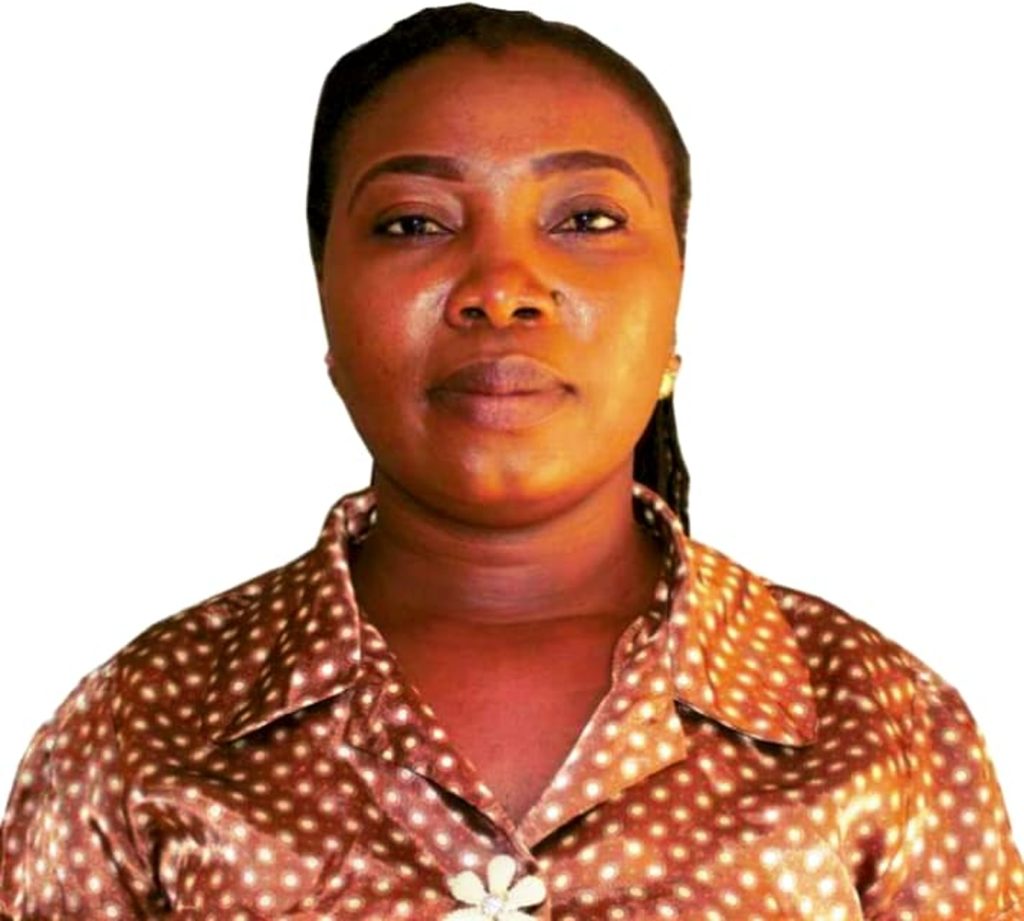
For her part, Editor, ZAMI Reports and Ghanaian investigative journalist, Ismail stated that her first cross-border investigative report being named Editor’s Pick in 2022 meant that the team did something right.
“As someone who has always wanted to do hard-hitting investigative journalism, this became a great place to start. It motivates me to not conceal any story idea because it could be the next big investigative report.
“I am also humbled by the collaborative efforts of my two colleagues from Nigeria and Sierra Leone, who enthusiastically worked to deliver the report. I owe a great deal of gratitude to my Nigerian collaborator, Wilson Smiths. Without him, we would not have had the chilling stories
from the quarantine centre. I also owe many thanks to CENOZO because without their financial support, it wouldn’t have been possible to do the story.
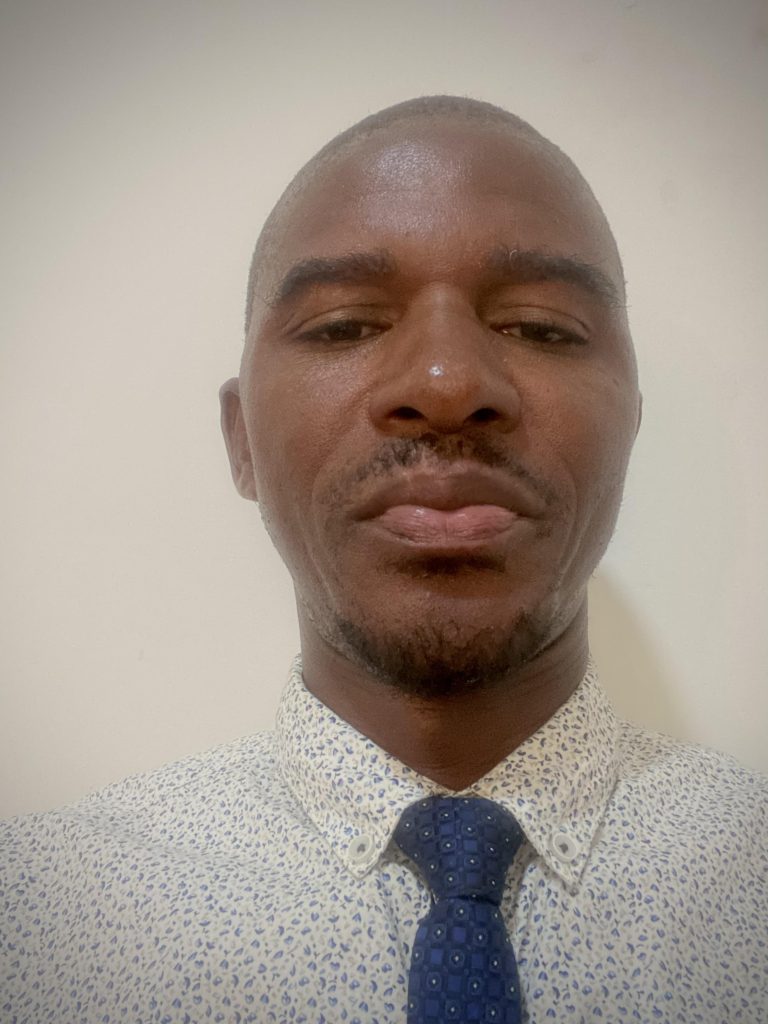
The Sierra Leonian team member, Kabba was full of gratitude for the honour, adding that the CENOZO collaboration was unique and different from other cross-border investigations he previously did.
“My involvement in the 2022 CENOZO-funded cross-border investigation has been my most eye-opening work in the past five years. It was, however, challenging for me to identify sources because at the time, Sierra Leone had declared an end to travel restrictions.
“At a point it seemed as if we were going to abandon the story but for the leadership demonstrated by our team lead and our two colleagues from Nigeria and Ghana, we were able to deliver the report ultimately.
“We made it happen because we believed that our collective effort would serve our continent, our respective countries and above all, show our love for our profession,” said the Sierra Leonean freelance journalist.
The Nigeria’s team member, Wilson Smiths thanked CENOZO and the collaborating journalists who went to the limits to ensure that the story was delivered.
“It was a very risky assignment, and we could have gotten ourselves infected and or arrested by the authorities in the course of getting firsthand information for the story.
“We pursued the story because we believed in the ability of journalism to effect change, no matter how small,” freelance journalist, Smiths, said.

Speaking about the work, Isine, the team’s coordinator, said that the success of the investigation demonstrated that journalists and newsrooms in Africa could achieve more by working together.
“Senior journalists and editors in Africa must collaborate with budding investigative reporters as part of a strategy to teach them practically, boost their confidence, and lead them to learn how to handle difficult and often risky assignments.
“It is also critical that larger newsrooms accept reports not only from smaller newsrooms, but also from younger reporters who are attempting to push the boundaries of free speech and accountability through investigative reporting.
“This is to congratulate the team on a job well done and to thank CENOZO for funding the project. In the future, CENOZO should work to have such reports published by larger newsrooms across the subregion to maximise reach and impact,” Isine, who is also an executive director with the CENOZO, had said.

